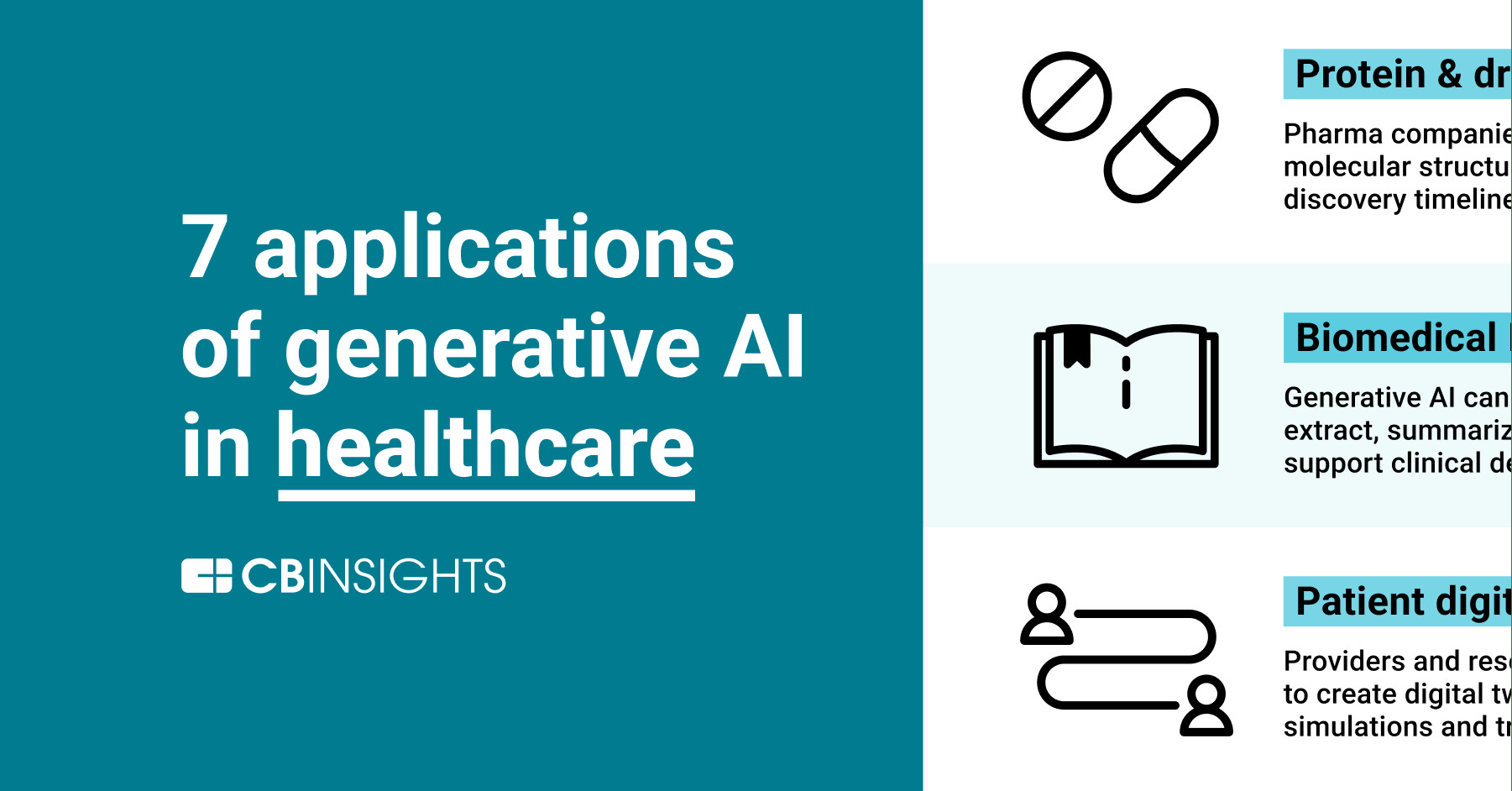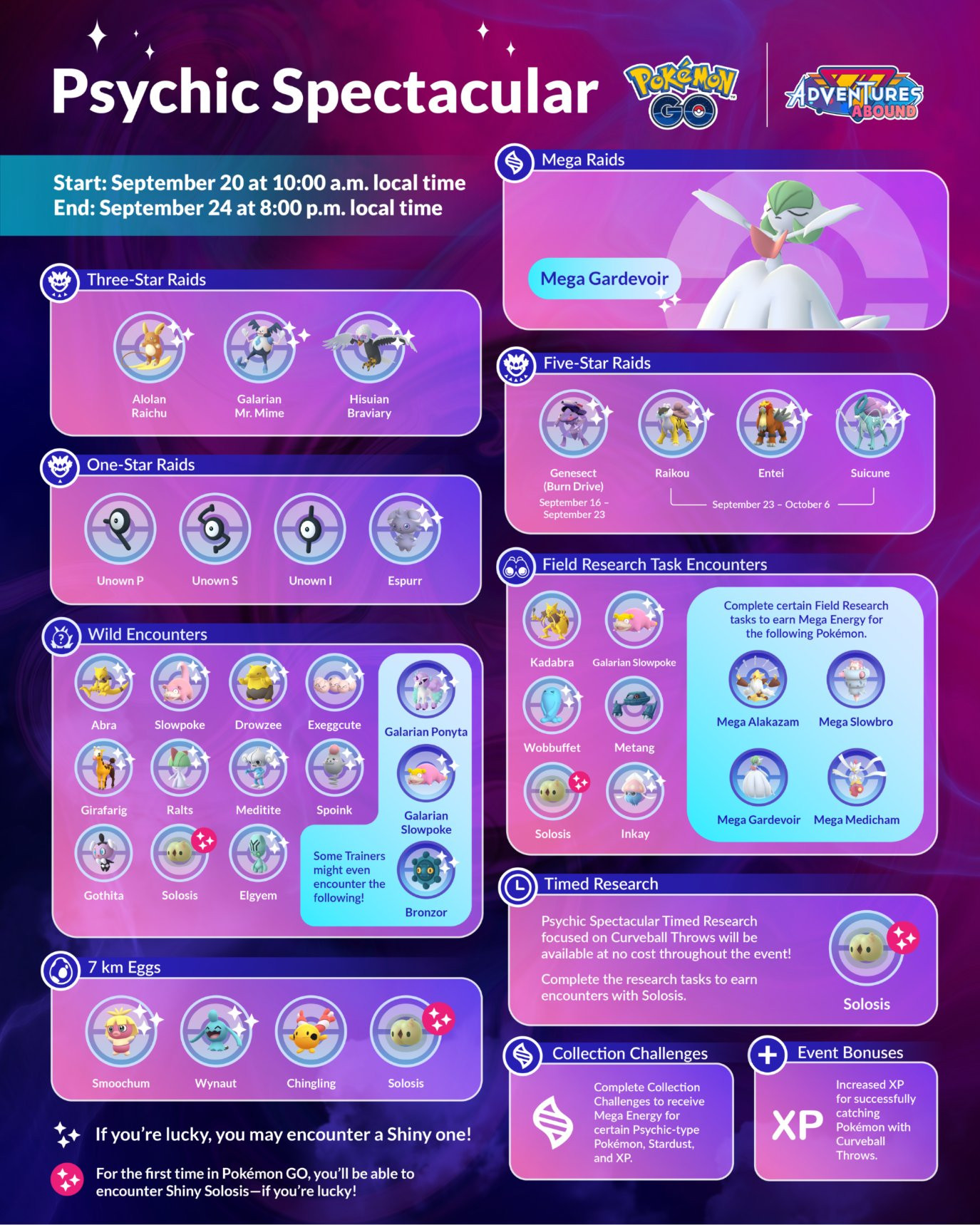The Rise of Generative AI in Healthcare: A Game Changer for Patient Care and Clinical Efficiency
Generative AI (gen AI) has the power to reshape the healthcare industry over time, and organizations are beginning to take notice. The technology could dramatically enhance how patients navigate the healthcare ecosystem and could also streamline operational efficiencies for the sector, say partner Jessica Lamb and colleagues. Specifically, gen AI may have the biggest value in clinician and clinical productivity, according to most respondents in a recent McKinsey survey. Overall expectations suggest that interest in gen AI is spreading beyond clinical applications to enhance other aspects of patient care interactions.
The Potential of Generative AI in Healthcare
The potential of gen AI in healthcare is vast and spans numerous applications. It is already being used to automate tasks, generate insights from data, and improve decision-making. Here are some of the key areas where gen AI is making a difference:
Enhancing Clinical Productivity and Efficiency
One of the most significant benefits of gen AI is its ability to streamline clinical workflows and boost clinician productivity. It can automate repetitive tasks, such as data entry and report generation, freeing up clinicians to focus on more complex and patient-centric activities. For example, gen AI can be used to automatically generate clinical study reports, patient summaries, and protocols, saving countless hours of manual work.
Improving Patient Engagement and Experience
Gen AI can also enhance patient engagement and experience by providing personalized care and support. It can be used to develop chatbots that answer patient questions, provide information about their conditions, and schedule appointments. Gen AI can also personalize patient education materials and support programs, making them more engaging and effective.
Streamlining Administrative Processes
Gen AI can help streamline administrative processes in healthcare, such as claims processing, billing, and scheduling. By automating these tasks, healthcare organizations can reduce costs, improve efficiency, and free up staff to focus on patient care.
The Role of GlobalLogic in Advancing Generative AI in Healthcare
Digital services specialist and developer GlobalLogic has responded to rapid developments in AI and data by developing platforms that allow the healthcare and life sciences sectors to take advantage of these advancements. The company's focus on AI is reflected in its creation of its Clinical Trials Innovation solution, which leverages AI and machine learning (ML) to build robust, clinically intelligent data platforms. These platforms address next-gen use cases such as real-world evidence (RWE) and decentralized trials.
The Importance of Data in Generative AI for Healthcare
Generative AI relies heavily on data, and in healthcare, this data is particularly sensitive and complex. As such, a robust data ecosystem is foundational to addressing the evolving needs of clinical trials, particularly in harnessing real-world data (RWD) and real-world evidence (RWE). One example, Gupta said, was summarising 800-page-plus reports on clinical studies for the development of medicines.
The Future of Generative AI in Healthcare
Looking forward, Gupta said he saw a growing role for this intelligence to be met with real-time data collected from connected devices, something that GlobalLogic supported in applications not only for diagnosis, but also treatment, and ongoing care. The widespread deployment of IoT is expected to have a significant impact on healthcare, allowing for early detection of potential health issues and timely interventions.
Small Biopharma: Leading the Charge in Generative AI Adoption
While large pharmaceutical companies are hesitant to embrace new technologies, small biopharma startups are taking the lead in adopting generative AI for clinical trial data management. This shift is driven by the need for faster, more efficient, and cost-effective trials, which small companies cannot afford to delay. Smaller companies are embracing AI-based solutions that streamline data capture and transfer, ensuring reliable and accurate data within a day.
The Importance of Ethical AI in Healthcare
As AI plays an increasingly important role in healthcare, it is critical to consider the ethical implications of its use. AI ethicists emphasize the importance of focusing on how these new technologies can streamline workflows and meet actual needs, ensuring that AI is used responsibly and ethically.
The Talent Gap in Life Sciences
The life sciences industry is facing a significant talent gap, with a projected deficit of 35% by 2030. This shortage is partly due to the rapid pace of technological advancements and the need for specialized skills. The industry is actively seeking ways to attract and retain a skilled workforce, including exploring the use of AI to streamline workflows and reduce employee burnout.
A Call for Collaboration
To address the challenges of the talent gap and the ethical implications of AI, collaboration is essential. Government, industry, and academia must work together to develop new policies, invest in education and training, and promote responsible AI development and deployment. This collective effort will ensure that AI is used to improve healthcare and address the needs of both patients and healthcare professionals.
Conclusion: The Future is Bright for Generative AI in Healthcare
Generative AI is transforming the healthcare industry, offering a plethora of benefits for both patients and healthcare professionals. As the technology continues to evolve, we can expect even more innovative applications that will enhance patient care, streamline clinical workflows, and improve overall healthcare outcomes. However, it is crucial to address the ethical implications of AI and ensure that it is used responsibly and effectively.
A New Dawn for Healthcare
The integration of generative AI into the healthcare landscape marks a new era of innovation and progress. With its potential to revolutionize patient care, enhance clinical efficiency, and improve overall healthcare outcomes, gen AI is poised to transform the industry and shape the future of medicine. The journey ahead is filled with opportunities, but it is also important to navigate the ethical challenges and ensure that AI is used responsibly to benefit all stakeholders.


















